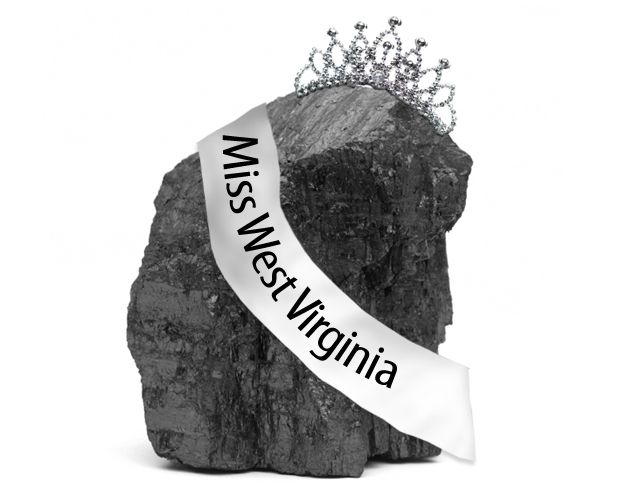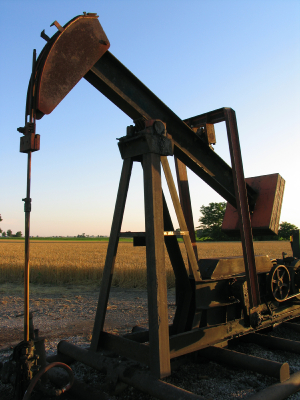Oil hit $67 a barrel yesterday, driven by the perception the global economy may have hit bottom, among other factors:
Much of oil’s rally this year has tracked stock market gains as investors look to equity markets for signs of economic recovery, while a weaker dollar can boost the appeal of oil and other commodities as a hedge against inflation.
“Equity markets are performing well, the dollar is falling, add to that Goldman Sachs and you see why oil has risen,” said Simon Wardell, oil analyst at Global Insight.
Goldman Sachs raised its end of 2009 oil price forecast to $85 a barrel from $65 and introduced a new end of 2010 forecast of $95.
“The recent rally in WTI (U.S. crude) prices is likely to be but the first stage in the oil price rally that we expect will accompany a recovery in economic activity,” Goldman said in a research note.
If oil hits $85 this year, then no doubt it will exceed $100 a barrel some time before my June 2009 prediction (even if it ends 2010 at $95, which I doubt). And that means some lucky reader is going to win the CP contest “When will oil hit $100 a barrel?“ Just goes to show you, you can’t be sufficiently pessimistic these days about peak oil!
Indeed, as the Miami Herald reported Tuesday, leading forecasters are warning that “low oil prices now may mean higher oil prices later“:
“Energy investment worldwide is plunging in the face of a tougher financing environment, weakening final demand for energy and falling cash flows,” the Paris-based International Energy Agency warned in a report late last month.
The IEA also warned that investment is being curtailed both on the supply side and the demand side, meaning that spending is falling on both drilling of oil and gas wells and on expansion of refineries, pipelines and power stations….
One of the world’s leading voices on energy trends, IHS Cambridge Energy Research Associates, reached a similar conclusion in a private report titled “The Long Aftershock.”
CERA researchers believe that deferred or canceled projects will prevent 7.6 million barrels a day of expected oil growth from coming onto world markets in 2014.
“CERA estimates that 52 percent of the potential net growth in liquids production capacity from 2009 to 2014 is at risk of deferment or cancellation because of poor project economics or investor cash flow difficulties,” CERA’s report said.
The energy research group thinks that the projected additional new oil production capacity of 14.5 million barrels a day coming online through 2014 will be cut in half unless there’s a sudden spurt in demand. This reduced production could spark supply shortages and price spikes.
This is very similar to an analysis that Merrill Lynch did in February (see “Merrill: Non-OPEC production has likely peaked, oil output could fall by 30 million bpd by 2015“), which found, “Steep falls in oil production means the world now needed to replace an amount of oil output equivalent to Saudi Arabia’s production every two years, Merrill Lynch said in a research report.”
In a few weeks I am going to a small conference with some of the leading experts on peak oil, including Kuntsler and Matt Simmons, so I’m sure I will have a more dire news to report in July.
Fortunately, we do have a president who gets this, so the country will be partly prepared for the coming shock (see “Has Obama saved Detroit from itself — or is that simply impossible?“)



